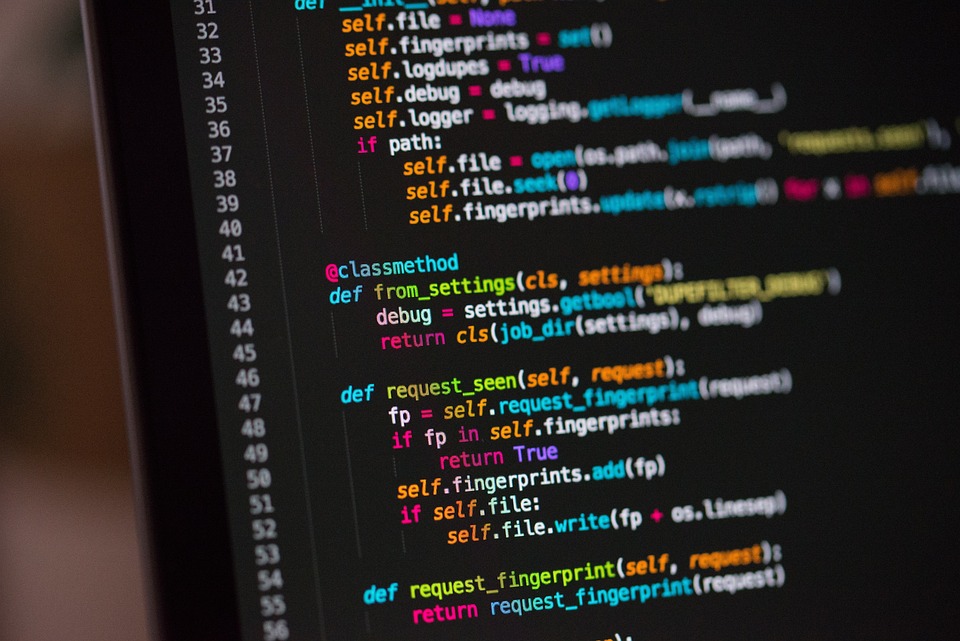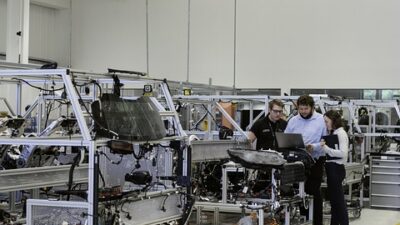Introduction
The rapid evolution of Artificial Intelligence (AI) and Machine Learning (ML) technologies is reshaping various industries, and the field of software development is no exception. With tools and frameworks becoming increasingly sophisticated, developers are now able to leverage AI and ML to enhance their productivity, improve code quality, and foster innovation. This article explores the ways in which AI and ML are transforming the developer landscape and how these technologies are revolutionizing the coding process.
Automating Repetitive Tasks
One of the most significant impacts of AI in coding is the automation of repetitive tasks. High-level programming languages have always aimed to simplify coding, but AI takes this further. Tools like GitHub Copilot utilize machine learning algorithms to suggest code snippets as developers type, allowing for faster coding and fewer mundane tasks. This not only improves efficiency but also reduces the likelihood of human error.
Code Generation
AI-powered code generators analyze context and can create entire functions based on a few input lines from developers. This feature can significantly reduce the time spent on boilerplate code and allows developers to focus on more complex problems. Furthermore, tools like OpenAI’s Codex can understand natural language inputs, enabling a more intuitive coding experience for developers, including those who may not have extensive coding expertise.
Enhanced Code Quality and Debugging
AI is facilitating improved code quality through various automated testing and debugging solutions. Traditionally, debugging can be a time-consuming process, fraught with the risk of missing critical errors. AI-driven tools like DeepCode leverage machine learning to analyze codebases and automatically detect bugs and vulnerabilities.
These tools offer recommendations for fixes and optimizations, which can help in maintaining high standards of code quality. By catching potential issues before they proliferate, developers can save both time and resources, leading to a more sustainable coding environment.
Intelligent Documentation and Code Reviews
AI is also playing a pivotal role in documentation and code reviews, traditionally the Achilles’ heel of software development. Understanding documentation and ensuring it stays aligned with evolving codebases can be a challenge.
AI-driven documentation tools can automatically generate documentation based on code, keeping it updated as changes occur. Similarly, AI can assist in code reviews by evaluating changes, assessing the impact on the overall project, and ensuring best practices are adhered to. This reduces the time developers spend on reviews and increases the overall integrity of the code.
Personalization and Skill Development
Machine learning algorithms can analyze a developer’s coding patterns, offering personalized learning experiences and feedback. By identifying areas for improvement, such tools can recommend resources, courses, or coding challenges tailored to the individual’s skill level and learning pace. This personalized approach to learning is helping developers enhance their skills more effectively while keeping up with the rapid pace of technological advancement.
Collaboration and Team Dynamics
AI is also streamlining collaboration within development teams. Tools like Slack, integrated with AI-driven bots, enhance communication efficiencies by managing project tracking and automating updates. ML algorithms can analyze team performance and predict potential bottlenecks, allowing teams to adapt quickly and maintain a fluid workflow.
Moreover, virtual pair programming tools enable developers to work together remotely on code in real-time, making collaboration seamless regardless of geographic boundaries. This rise of AI-assisted collaboration tools helps diverse teams leverage their collective strengths, improving the overall output.
Ethical Considerations
While AI and ML are ushering in remarkable changes in software development, they also bring ethical considerations that developers must grapple with. Issues around bias in machine learning algorithms, the opacity of AI decision-making, and the reliability of AI-generated code are becoming prominent concerns. Developers must be vigilant about these challenges to ensure that their use of AI doesn’t inadvertently lead to harmful outcomes.
Conclusion
The integration of AI and machine learning into the coding landscape represents a watershed moment in software development. These technologies are not merely tools; they are companions in the coding journey, assisting developers from code generation to testing, collaboration, and skill enhancement. While challenges remain, the potential for increased efficiency, improved code quality, and a more inclusive learning environment cannot be overstated.
As AI continues to evolve, so too will the role of developers. The future holds exciting possibilities as programming becomes increasingly symbiotic with machine intelligence, paving the way for a new era of innovation in technology. Embracing these changes will be crucial for developers not just to survive but thrive in this dynamic landscape.


